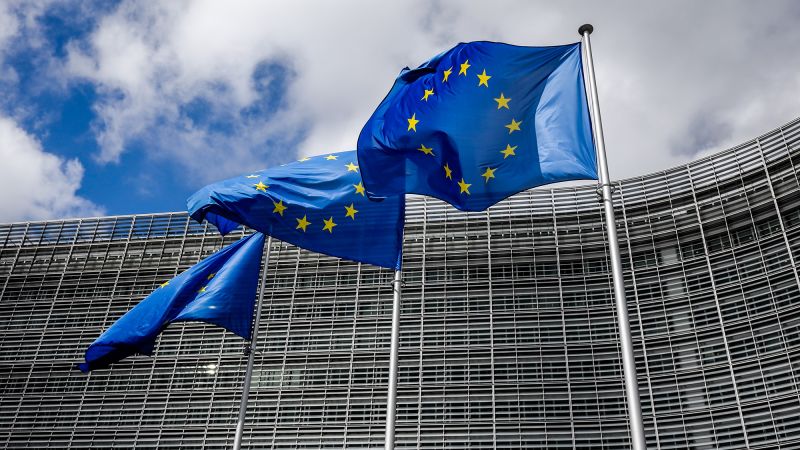European Union officials have carried out unannounced inspections at the offices of a Chinese company suspected of benefiting unduly from state subsidies. The European Commission did not name the company, but it stated that the inspections were conducted due to indications of potential foreign subsidies that could distort the EU’s internal market. The China Chamber of Commerce to the EU expressed dissatisfaction with the raids, accusing the EU of using the Foreign Subsidies Regulation to suppress Chinese companies operating in Europe. The raids are the first to be carried out under the EU’s new powers against excessive foreign subsidies.
The Foreign Subsidies Regulation, which came into force in July, aims to address market distortions caused by subsidies from foreign governments and to ensure a level playing field for EU companies. The raids on the Chinese company come amidst rising tensions between the EU and China over state support for Chinese firms in various sectors, including wind turbines and solar energy projects in Romania. European Commission officials emphasized that inspections are investigative steps and do not prejudge the outcome of the investigation.
The raids on the Chinese company coincide with efforts by the Group of Seven developed economies to address structural overproduction and subsidies that lead to imports flooding foreign markets. There is growing concern among major trading partners, including the EU, about the oversupply of cheap Chinese goods in global markets. The EU and G7 partners are engaging in discussions to address the issue of harmful overcapacity caused by non-market policies and practices in China that undermine the economic resilience of other countries.
China has seen its global trade surplus in goods soar in recent years, approaching $1 trillion. The US and other countries are concerned about the impact of China’s overproduction of goods such as electric vehicles, solar panels, and batteries on jobs and businesses in their economies. US Treasury Secretary Janet Yellen has warned China about the risks posed by its surging exports, calling for measures to rein in production. G7 foreign ministers have also expressed concerns about harmful overcapacity resulting from China’s non-market policies.
Beijing views exports as a vital component of its economic recovery strategy, focusing on higher-value exports that align with the green initiatives of European and American markets. While China sees exports as crucial for its economy, its trading partners are increasingly wary of the impact of subsidized overproduction on their industries and workers. The EU, along with G7 partners, is working to address these challenges and ensure fair competition in global trade. Discussions on these issues are set to continue at the G7 leaders summit in Italy later this year.


